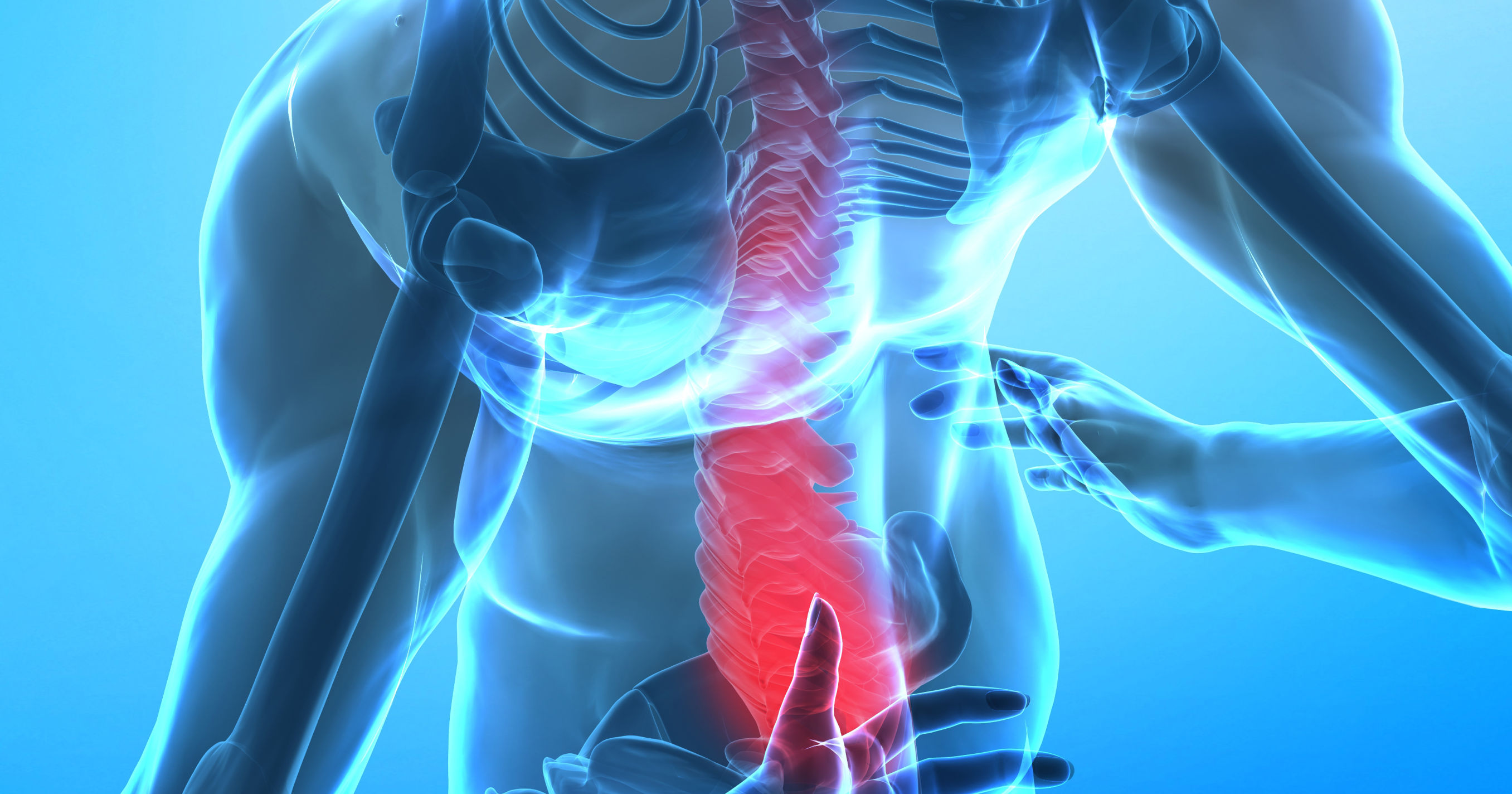July 17, 2013
One mechanism for depression involves the over secretion of cortisol, a hormone primarily secreted in response to stress. Chronically elevated levels of cortisol over time decreases the production of serotonin and dopamine, two neurotransmitters involved with mood among other activities. A study published in Neuroscience Letters in 2011 examined the mechanisms of curcumin on a hyper-cortisol state in rats. After 3 weeks of corticosterone injections the rats exhibited depressive like behavior indicated by decreased food consumption and activity levels, as well as, a decrease in brain-derived neurotrophic factor or BDNF. BDNF is a protein secreted in various parts of the body that encourage the growth of new neurons that help with learning, memory, and the communication between nerves. In other words, BDNF is really important!
When the rats were treated with curcumin BDNF increased while the depressive behaviors decreased suggesting that curcumin may play a role in blunting the damaging effects of chronically elevated cortisol.
References:
Curcumin reverses corticosterone-induced depressive-like behavior and decrease in brain BDNF levels in rats. Neurosci Lett. 2011 Apr 15;493(3):145-8.



Dr. Groneck
We are dedicated to providing a comprehensive approach to helping you achieve optimal health by looking at the synergy of the whole person, not just a collection of parts. We combine standard medical testing with functional medicine testing to gain an in-depth understanding of what is wrong and, equally important, how to fix it.